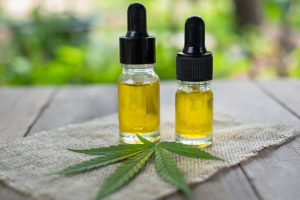CBD oil can be a covered workers’ compensation expense under the Longshore and Defense Base Acts. As of now, medical marijuana is not. Section 7 of the Longshore and Harbor Workers’ Compensation Act requires employers to pay for reasonable and necessary medical treatment associated with an employee’s work-related injury. See 33 U.S.C. 907. That same law also applies to the Defense Base Act. See 42 U.S.C. 1651. Recently, Judge Carrie Bland juxtaposed the completely legal use of CBD oil with the lack of coverage typically afforded by federal administrative courts to medical marijuana. The following passage is from Rykaczewski v. Ceres Marine Terminals, OALJ No. 2018-LHC-00075 (OALJ Dec. 12, 2020) (internal record citations omitted): Ceres next posits that it cannot be held responsible for providing Rykaczewski with Cannabidiol (“CBD”) or marijuana. Rykaczewski testified that he uses CBD to help with his anxiety. Further, Ceres indicates that Rykaczewski submitted as an exhibit a prescription fromAndersonRead more
Medical Marijuana, the Defense Base Act, and the MORE Act of 2019
Workers’ compensation pays for medical benefits. In the Defense Base Act world, employers and insurance companies “shall furnish such medical, surgical, and other attendance or treatment, nurse and hospital service, medicine, crutches, and apparatus, for such period as the nature of the injury or the process of recovery may require.” See 33 U.S.C. 907(a). But there is a problem with marijuana. It has not yet been decriminalized at the federal level. While it is true that some states allow recreational marijuana use and many states allow the use of medical marijuana, the Defense Base Act is a federal workers’ compensation system. So, does the status of the DBA as a federal workers’ compensation system outweigh the medicinal quality of the substance at issue? On the one hand, some people argue that medical marijuana should be covered in Defense Base Act claims where the claimant resides in a state where medical marijuana is legal.Read more


